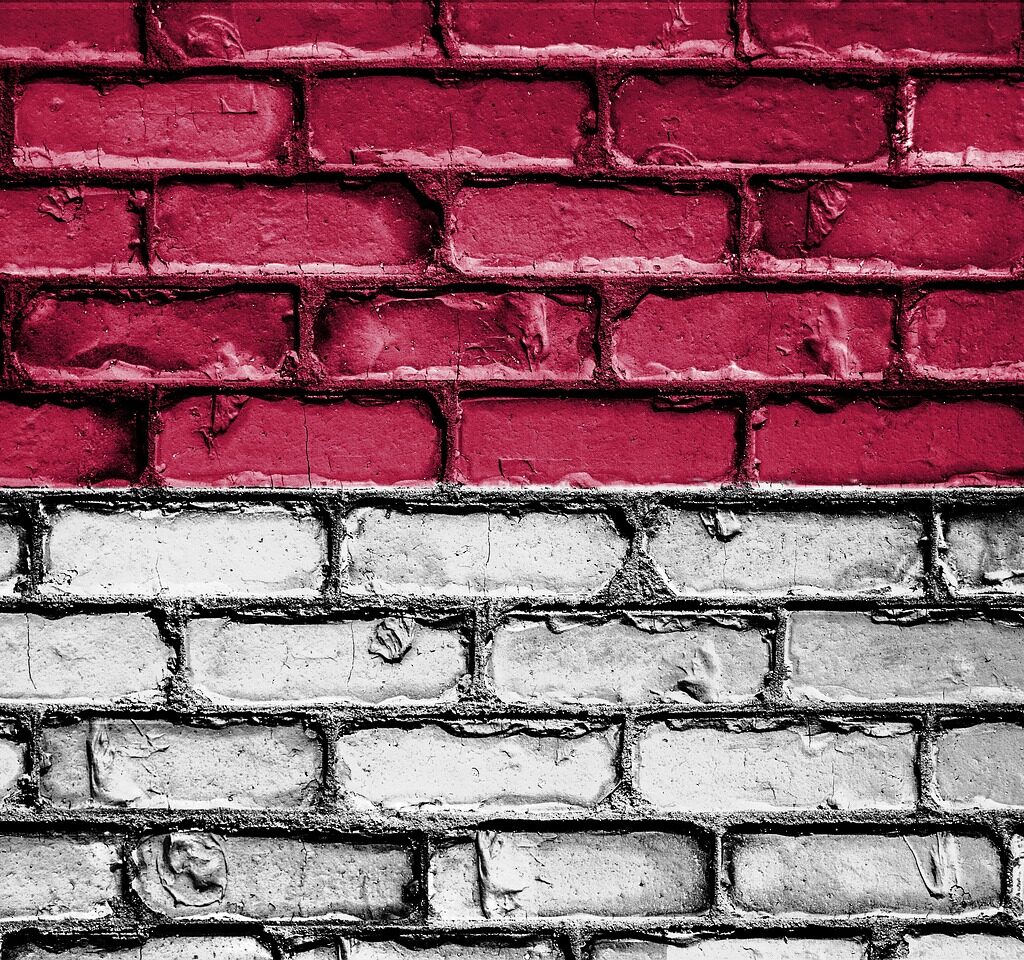European Commission President Ursula von der Leyen has announced that the European Union and Indonesia have reached an agreement in principle on a long-awaited free trade deal. The milestone comes after nearly a decade of negotiations that began in 2016.
“This agreement comes at the right time,” von der Leyen said during a joint press appearance with Indonesian President Prabowo Subianto. “In times of global challenges, partners must strengthen their ties.”
The agreement, known officially as the EU–Indonesia Comprehensive Economic Partnership Agreement (CEPA), aims to deepen economic cooperation between Europe and Southeast Asia’s largest economy. It is set to significantly lower trade barriers, improve market access for goods and services, and foster sustainable development.
A Decade in the Making
Talks between the EU and Indonesia have been marked by lengthy discussions around sensitive issues, including environmental standards, palm oil exports, and labor rights. The political agreement announced this week clears the way for the finalization of the legal text of the deal, expected to be completed by the end of 2025.
Once finalized and ratified by both parties, the agreement will remove most tariffs between the two economies, open up procurement and service markets, and improve the investment climate. It also includes chapters on sustainability, aligning with both parties’ commitments to climate goals and responsible trade.
Ursula von der Leyen announces that the EU and Indonesia have reached an agreement in principle for a free-trade deal after almost 10 years of talks.
“This agreement comes at the right time,” she says. “In times of global challenges, partners must strengthen their ties.” pic.twitter.com/2CeYjTlXM4
— Jorge Liboreiro (@JorgeLiboreiro) July 13, 2025
Strengthening Strategic Ties
For the EU, the deal with Indonesia forms part of its broader strategy to deepen ties with ASEAN nations and diversify trade relationships amid rising geopolitical tensions and disruptions in global supply chains.
“Indonesia is a key partner for the European Union in the Indo-Pacific region,” said von der Leyen. “This deal will bring our economies closer and allow us to collaborate on shared challenges like climate change, clean energy, and green technology.”
Indonesia is the EU’s fifth-largest trading partner in Southeast Asia. In 2024, bilateral trade between the two reached €27.3 billion, with key sectors including machinery, agricultural products, electronics, and raw materials.
Environmental and Social Commitments
A major sticking point during the negotiations had been the EU’s concerns about deforestation and the environmental impact of palm oil production in Indonesia. The political agreement includes assurances that both sides will commit to high environmental and labor standards. The EU’s deforestation regulation, which affects commodities such as palm oil, will be aligned with sustainability criteria under the new agreement.
Indonesian officials welcomed the agreement, emphasizing the potential benefits for exports, job creation, and foreign investment.
“This agreement will boost our economy and help integrate Indonesia further into global value chains,” said Coordinating Minister for Economic Affairs Airlangga Hartarto. “At the same time, we will maintain our commitment to sustainable development.”
Next Steps
With the political agreement now in place, negotiators will finalize the text of the deal in the coming months. The agreement will then need to be ratified by the European Parliament, the EU Council, and Indonesia’s legislature.
If all goes according to plan, the EU–Indonesia CEPA could come into force as early as 2027.
EU, Indonesia strike political agreement to advance free trade deal https://t.co/F9FeqT1yYi https://t.co/F9FeqT1yYi
— Reuters (@Reuters) July 13, 2025

